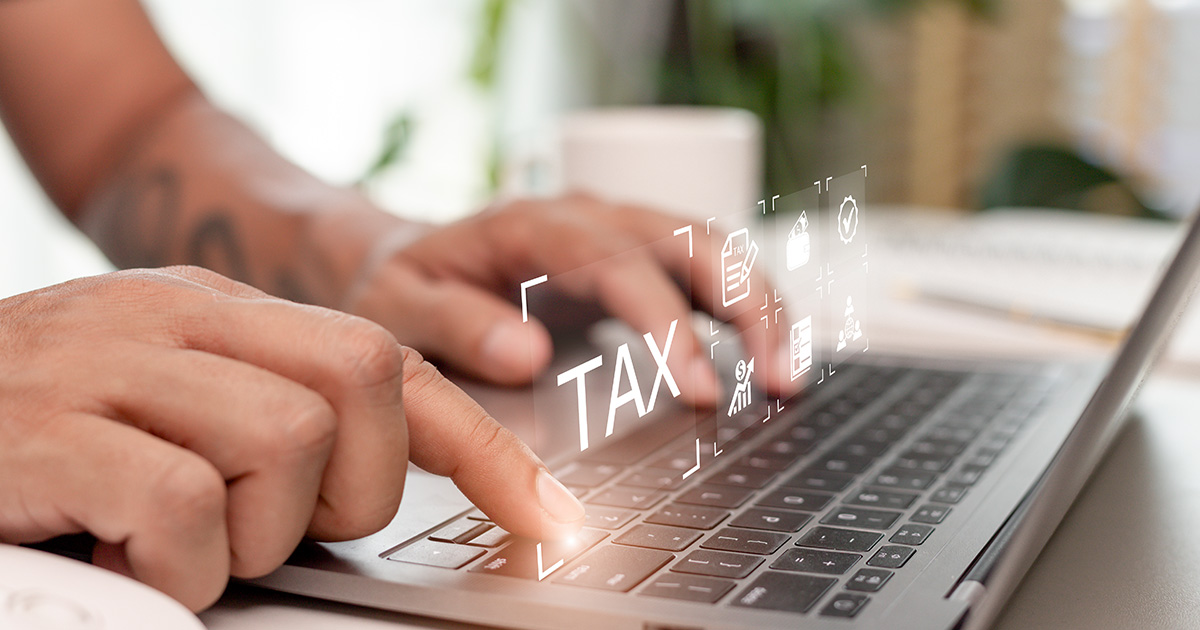Tax in Canada: an overview
WHO HANDLES TAX IN CANADA?
The Canada Revenue Agency (CRA) handles taxation issues for individuals, families, businesses, employers, not-for-profit groups, non-residents, and visitors in Canada. Québec, however, has its income tax system separate from that of the CRA, which the Revenu Québec administers.
Income tax
The federal government and provincial governments all charge a personal income tax in Canada and, as in most countries, taxes vary in relation to the size of a person’s income. Federal government taxes are, in general, a lot higher than what the smaller, provincial governments collect.
You may opt to defer a portion of your personal income tax to a Registered Retirement Savings Plan (RRSP) and/or tax-sheltered savings accounts in order to save for your retirement. If you’re paying income tax you must file a return with the CRA (or Revenu Québec) at the end of each tax year.
Current federal income tax rates in Canada:
Sales tax
The Canadian federal government levies a 5% Goods and Services Tax (GST) on most goods and services sold or provided in Canada. General groceries and medication drugs are ‘zero-rated’ and therefore taxable at 0%.
Corporate tax
Canadian businesses must pay tax on capital and profit income, although corporate tax makes up a small portion of tax revenue in total. GST registration is compulsory for all businesses in Canada.
Property tax
Personal property tax in Canada is also known as millage tax or mill levy. This tax is based on the value of the property and on the property tax rate, both of which are determined by local authorities.




